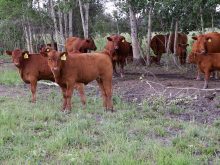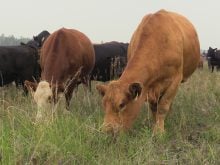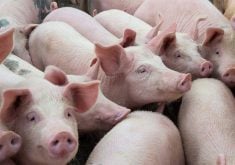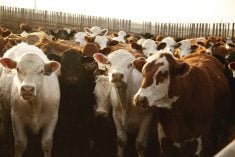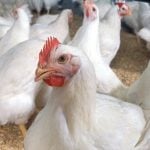RED DEER, Alta. – Few workers in Western Canada are willing to work on farms, in food processing or food service.
“In southern Alberta we have a critical shortage of entry-level labor,” said Garnett Altwasser, president of IBP Canada at Brooks, Alta.
“We work a lot of people under less than ideal conditions,” he said at a recent agriculture and food council conference here.
Altwasser knows first-hand how serious the labor shortage is. Since IBP bought Lakeside Packers in 1994, the work force has tripled and about 60 new people are hired every week at the Brooks beef plant.
Read Also
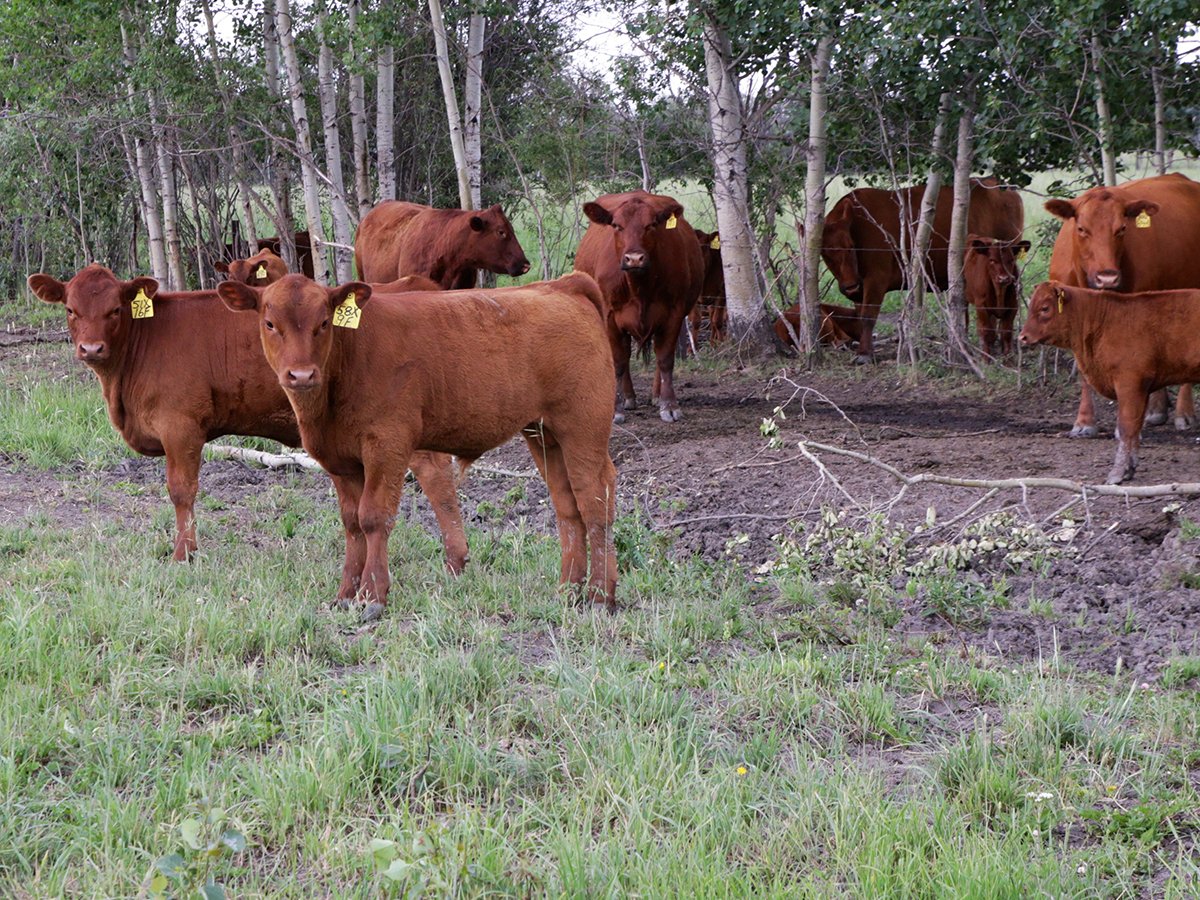
Feeder market continues the climb
For the week ending Aug. 30, Western Canadian feeder cattle markets traded $4-8 per hundredweight higher on average.
There are five recruiters working from Newfoundland to Nanaimo, B.C.
“To solve this shortage, we don’t need a whole bunch of new studies.
“We need people who are prepared to work hard.”
IBP offers $9.25 to $15 per hour with the chance of moving into supervisor or management positions that pay more than $50,000 per year.
Brooks is a town of 10,000 and has difficulty accommodating an extra 2,000 people. The staff includes Canadians, Americans, Vietnamese, Cambodians, Chinese, Iraqis, Somalians, Ethiopians, Bosnians, Russians and Hispanics.
IBP has set up mobile homes and a camp site with 264 bedrooms. It charges $5 a night until the workers can find something permanent. There is a subsidized cafeteria and the company may set up an on-site day care to accommodate shift work.
Worker turnover remains high so the company has set up a review committee so no supervisor can fire an employee until a committee of peers reviews the work situation.



